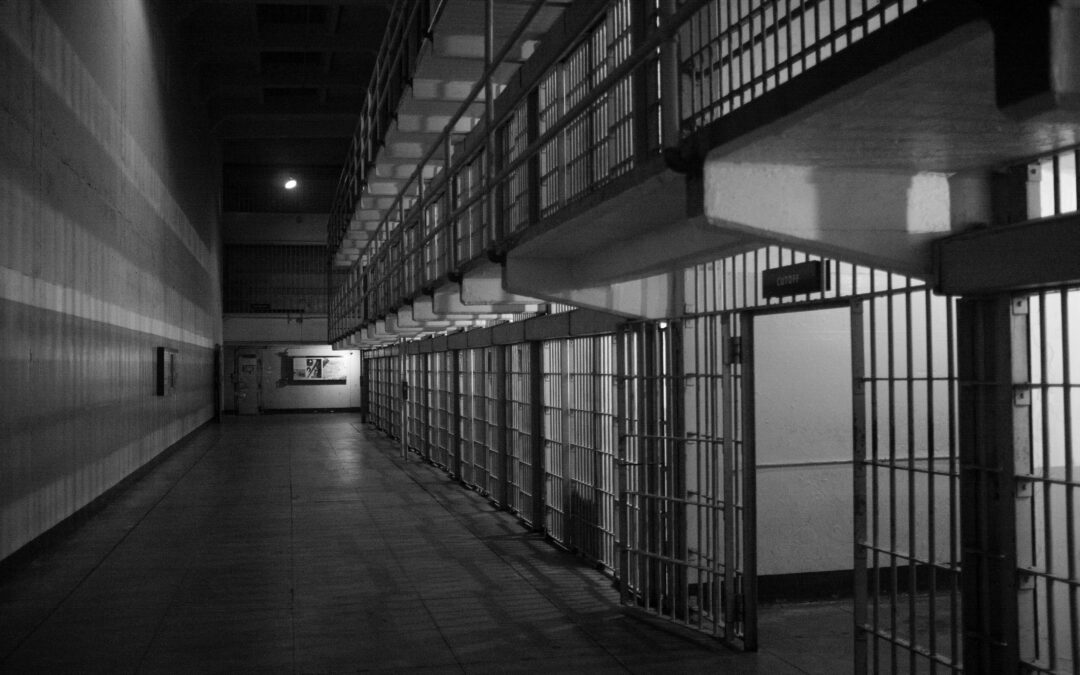How much do you know about criminal law?
Do you understand what might happen if you were accused of a crime?
Criminal charges can happen to anyone and can be devastating to the accused as well as their loved ones.
Some examples of criminal offenses in Colorado include:
- DUIs
- Car accidents
- Traffic violations
- Assault and harassment (including sexual)
- Domestic violence
- First amendment cases
- Drug offenses
- Theft
- Computer fraud
- Forgery
A trusted attorney can help support and guide you through the process and help you understand what’s going on so that you can be prepared.
Here’s an overview of what to expect for state charges.
(To learn about the federal process, visit the website for the Offices of the United States Attorneys.)
Know the Different Categories of Crimes
It’s difficult to cover all of the possibilities of what can happen if you are accused of a crime.
The proceedings will depend on a number of things, but primarily they will depend on the overall category and severity of the crime.
Here are the three basic categories of crimes, with examples pertaining to criminal law in the state of Colorado:
- Felony: This is the highest level of crime and typically results in one year, to life in prison (or the death penalty if murder).
- Misdemeanor: These are medium-level in severity, usually resulting in 6-24 months in jail. Examples of misdemeanors in CO include public fighting and prostitution.
- Petty Offense: This is the least severe category of crime, usually resulting in a maximum of six months in jail, and often are resolved via fines. Examples of petty offenses in CO include littering, trespassing.
Learn more about the Colorado Felony DUI law.
Police Investigation & Arrest
The first stage of a criminal case is typically a police investigation and arrest.
Police will proceed with finding evidence that they don’t already have. This is done by interviewing witnesses, interviewing the accused, and conducting search warrants.
An arrest warrant is typically necessary before arrest proceeds, but an arrest can also happen if the police are certain (or reasonably certain) that the offense was in fact committed by the accused — for instance, if the officer was a witness to the crime.
Learn more about the criminal law process.
Preliminary Hearing Or Arraignment
Once arrested, if the accused pleads not guilty, they will be offered a preliminary hearing within 48 hours of the initial arrest.
A preliminary hearing is essentially a kind of trial, however, the final verdict is not about “guilt or innocence.” Rather, it is about whether or not there is enough evidence to proceed with further sentencing and trial.
If the judge does not believe there is enough evidence, they can dismiss the charges.
Everyone accused of a lower class felony (classes 1,2, or 3) has the right to demand a preliminary hearing. This can also apply to those facing certain other charges.
An arraignment or first appearance is a slightly different type of pre-trial proceeding. It is where the defendant will be presented to a judge, informed of their rights, and offered to get an attorney.
At this time the accused will get a clear understanding of their sentencing, including bail and trial proceedings.
Discovery Phase & Plea Bargain
Before the trial, the lawyers on each side will share information, analyze the evidence, build a defense, and make pre-trial motions.
At this time the defense may also challenge procedures — for instance if the police officers making the arrest neglected to follow proper procedures.
In Colorado criminal law, this is the point at which a plea bargain may be made to either avoid a trial or lessen the punishment.
Our lawyers will be able to help you understand what type of punishment you are able to accept, or if you are able to establish a plea bargain.
Often, a plea bargain is a key point in a trial that will determine whether or not you will be facing severe punishment. It’s crucial to have an expert lawyer to determine whether or not this is possible for your case.
Criminal Trial and Sentencing
If no plea bargain is reached, a jury will be selected and a trial will proceed until a verdict is established.
- If no verdict is reached at the end of the trial, the case will be labeled a mistrial.
- When the verdict is not guilty, the charges are dropped.
- If the verdict is guilty, the penalty will be confirmed.
An appeal can happen if (for instance) the penalty seems too severe.
Get an Expert On Your Side
Bear in mind that the above is a simplistic overview of what can be a complex and stressful process.
Each case is completely unique. As such you should always have a knowledgeable and trusted lawyer on your side in order to fight for your rights and help you avoid any missteps.
We will help you understand Colorado and federal criminal law and guide you through the process, establishing innovative defenses and helping you to understand your rights.
We’ll take the time to investigate every aspect of your case.
If you need help, call us today at 303-780-7333 or schedule an appointment online.
Enjoyed this article? Here are three more to help you:
10 Personal Injury Law Terms and Definitions You Should Know
The US Supreme Court adapts the 4th Amendment into the digital age.
The 5 Biggest Mistakes to Avoid When Starting Your New Corporation



